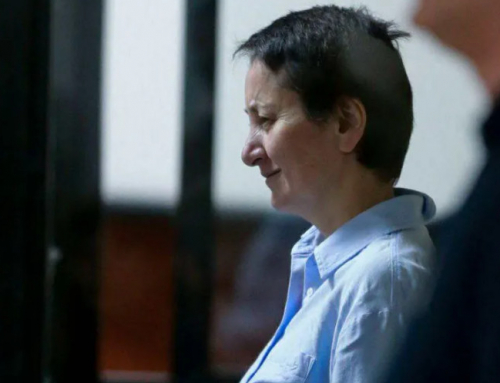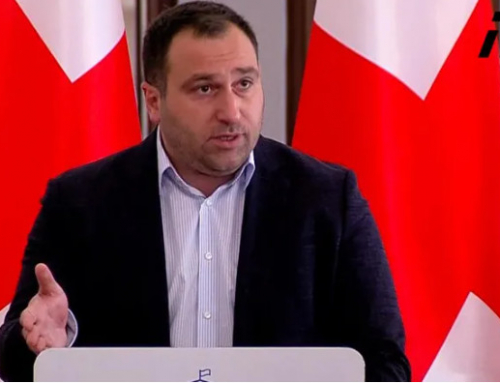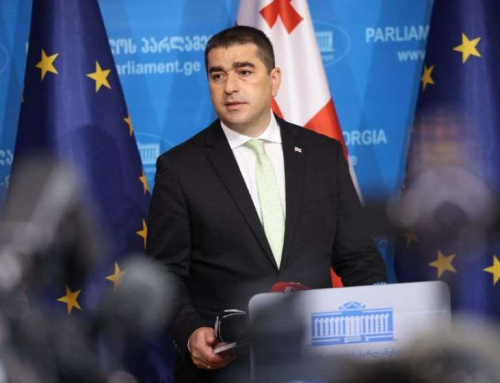TBILISI, DFWatch – According to Georgia’s public defender, yet another hunger strike has been launched, this time at Prison No 19, for prisoners suffering of tuberculosis.
About 30 prisoners in the prison went on hunger strike on September 25. Their demand is to improve medical service, and to enforce mechanisms to release or postpone the imprisonment of prisoners for reasons of health.
This is the third prisoner hunger strike in recent days.
According to the ombudsman, five prisoners continue their protest right now, while part of prisoners refuse to receive medication as a sign of solidarity with the others.
Care for prisoners with tuberculosis was one of the major problems prisoners told journalists when they were let into Gldani prison, also known as Prison Number 8, to see how the prisoners were doing.
When journalists entered Gldani prison last week, it was the first time since President Mikheil Saakashvili came to power in 2004 that journalists have been allowed some degree of unhindered access to the infamous Georgian prison system. Until the abuse scandal broke on September 19, all journalists, including foreign ones, have been denied access, except for a few tightly controlled media tours.
Journalists say the injured are being treated with medicines without effect. Despite a number of promises, those who are ill have not been transferred to the tuberculosis zone.
The prison ministry today reported that the tuberculosis center in Ksani now will start functioning. According to the ministry, this is part of the new reform of the prison system, which includes getting the tuberculosis problem under control. Georgian prisons have been plagued by outbreaks of the illness which have claimed many lives in recent years.
President Saakashvili last week said the prison reforms have completely failed and that a new reform would be started.
There are five floors in the new building for 750 patients. It will soon start functioning for prisoners.
Newly appointed Prison Minister Giorgi Tughushi, who in his previous position as public defender criticized the prison system, promised to fundamentally change this system and conduct immediate reforms.
Khatuna Kalmakhelidze resigned as prison minister last week, after scandalous videos leaked by a former prison guard documented torture of prisoners. Many Georgian journalists have worked hard in recent years to expose the torture, but were always brusquely rejected by Kahlakhelidze, who refused to answer their questions. During her time as minister, she never held a press conference, refused to discuss specific cases and repeatedly denied that torture was taking place in prisons under her responsibility.
Western countries worked in partnership with Mrs Kalmakhelidze in the now failed reforms, a partnership which the minister often used domestically to assuage her critics and as proof that the process was working.
The Saakashvili regime has called on Interpol for help to arrest the whistleblower who brought prison torture to the public’s attention. He is currently in Belgium, where he has applied for political asylum because he fears that what he exposed will be avenged and that his life is in danger.





Leave A Comment
You must be logged in to post a comment.